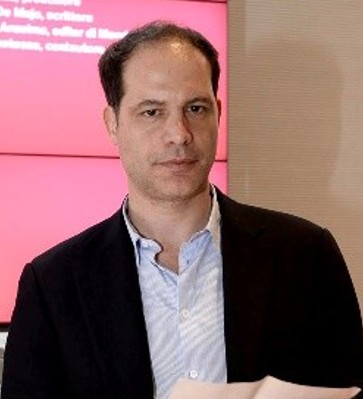Corporate
Simon Kuper on the football world cup and the momentum of sport
Overview
Very few writers have chronicled football’s evolution as insightfully as Simon Kuper, the award-winning Financial Times journalist and author of The World Cup Fever. Here, Kuper explores how the world’s most-watched sport mirrors our politics, economics, and society, with Hari Ram, leader at Infosys BPM. Kuper touches upon football’s early postwar idealism to today’s billion-dollar ecosystem of power, prestige, and soft diplomacy.
Tracing the lineage of the FIFA World Cup from its founder Jules Rimet’s dream of post-war reconciliation to Gianni Infantino’s global spectacle, Kuper, like most modern quantum physicists, argues that football remains both unchanged and ever-changing — a unifying force that has, paradoxically, been shaped by dictators, money, and the global media machine.
For Kuper, the story of football is the story of humanity: our search for identity, belonging, and meaning — played out every four years on the world’s biggest stage.








